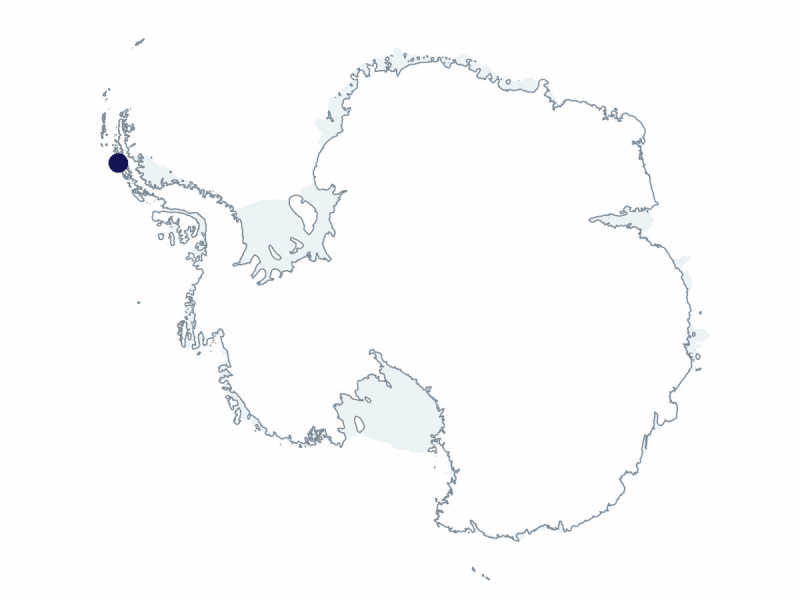2024-2025 USAP Field Season
Project Detail Project TitlePAL-LTER: Ecological Response to "Press-Pulse" Disturbances Along a Rapidly Changing West Antarctic Peninsula Summary
Event Number:
Program Director:
ASC POC/Implementer: Principal Investigator(s)
Dr. Ari Seth Friedlaender
Project Web Site: Location
Supporting Stations: Palmer Station DescriptionSeasonal sea ice-influenced marine ecosystems at both poles are characterized by high productivity concentrated in space and time by local, regional, and remote physical forcing. These polar ecosystems are among the most rapidly changing on Earth. The Palmer Long Time Ecological Research (PAL-LTER) seeks to build on three decades of long-term research along the western side of the Antarctic Peninsula to gain new mechanistic and predictive understanding of ecosystem changes in response to disturbances spanning long-term, subdecadal, and higher-frequency “pulses” driven by a range of processes, including long-term climate warming, natural climate variability and storms. These disturbances alter food-web composition and ecological interactions across temporal and spatial scales that are not well understood. Researchers will contribute fundamental understanding of how population dynamics and biogeochemical processes are responding within a polar marine ecosystem undergoing profound change. Field Season OverviewCetaceans are a critical, yet poorly studied, component of the Antarctic marine ecosystem. Two participants will be deploying to Palmer Station to study the life history, recovery from commercial whaling, population structure, and foraging ecology of the whale population. They will use a combination of visual surveys, photographic identification, skin and blubber biopsy sampling, long-term satellite-linked tagging, and short-term multi-sensor behavioral tagging to understand the population recovery of these ocean giants and their ecological role in a changing environment. In combination with other components of the PAL-LTER, researchers will test specific ecological hypotheses regarding how changes in the physical and biological environment affect the distribution and behavior of baleen whales. Likewise, they will begin to test hypotheses about the potential for interspecific competition with other krill predators (e.g., penguins) throughout the PAL-LTER study area. Deploying Team Members
|
2024-2025 Science Planning Summary



For USAP Participants |
For The Public |
For Researchers and EducatorsContact UsU.S. National Science FoundationOffice of Polar Programs Geosciences Directorate 2415 Eisenhower Avenue, Suite W7100 Alexandria, VA 22314 Sign up for the NSF Office of Polar Programs newsletter and events. Feedback Form |



